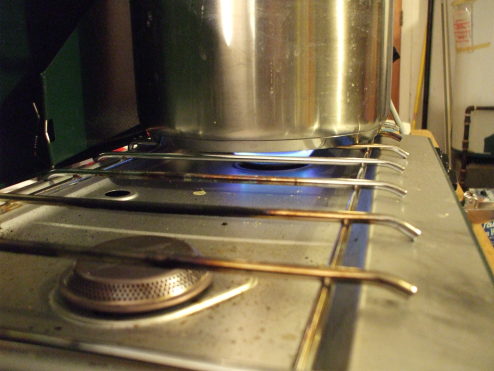-
Please read the new forum rules! REQUIRED!
Click Here: https://www.gulfcoastgunforum.com/threads/general-forum-rules-code-of-conduct.70770/
-
New Reloading Sticky Thread for Trading, Swapping Gear, etc.
https://www.gulfcoastgunforum.com/threads/reloading-components-for-trade-item-value-and-photo.104847/
You are using an out of date browser. It may not display this or other websites correctly.
You should upgrade or use an alternative browser.
You should upgrade or use an alternative browser.
Parkerized?
- Thread starter Marmidor
- Start date
The #1 community for Gun Owners of the Gulf Coast States
Member Benefits:
Fewer Ads! Discuss all aspects of firearm ownership Discuss anti-gun legislation Buy, sell, and trade in the classified section Chat with Local gun shops, ranges, trainers & other businesses Discover free outdoor shooting areas View up to date on firearm-related events Share photos & video with other members ...and so much more!
Member Benefits:
No.thats from google lol, Is this method an alternate for chrome lining barrels?
Google on chromium
Do not pakerize the boreCurrent medium caliber gun barrels use chromium as a coating on their interior bore surfaces. This coating protects the bore surface against the harsh environment of the hot propellant gases and the mechanical effects of the projectile, thereby increasing the life of the gun tube.
Now, what if you're parkerizing something and you want to avoid parkerizing some part of it? For example, an M1 Garand barrel and you don't want to parkerize the bore, chamber, and gas cylinder mounting surfaces?
Just keep the solution away from those surfaces. For the example of the M1 Garand barrel, use appropriately sized rubber stoppers in the muzzle and chamber, and electrical tape over any external surfaces to be protected.

How To Parkerize Steel
How to parkerize a gun or any steel object, applying an anti-corrosion and lubricating phosphatized surface treatment."m1-garand-rifle.com
wildrider666
Master
Parkerization is not a "coating", loosely refered to as a "finish". It's actually a "Chemical Treatment" that etches and modifies the metal surface. It produces a hard matte or dull finish. Since it does "etch" the surface, it could be considered a form of controlled corrosion that when naturalized stops the reaction. It then provides execellent corrosion and abrasion resistance and provides a strong base for lubricant retention.
It wasn't developed till WWII and its advantages during manufacture (replaced bluing & browing processes) and Field applications made it the go to treatment for small arms and thousands of metal components.
It wasn't developed till WWII and its advantages during manufacture (replaced bluing & browing processes) and Field applications made it the go to treatment for small arms and thousands of metal components.
Staff online
-
Richard LipsMake America Florida


